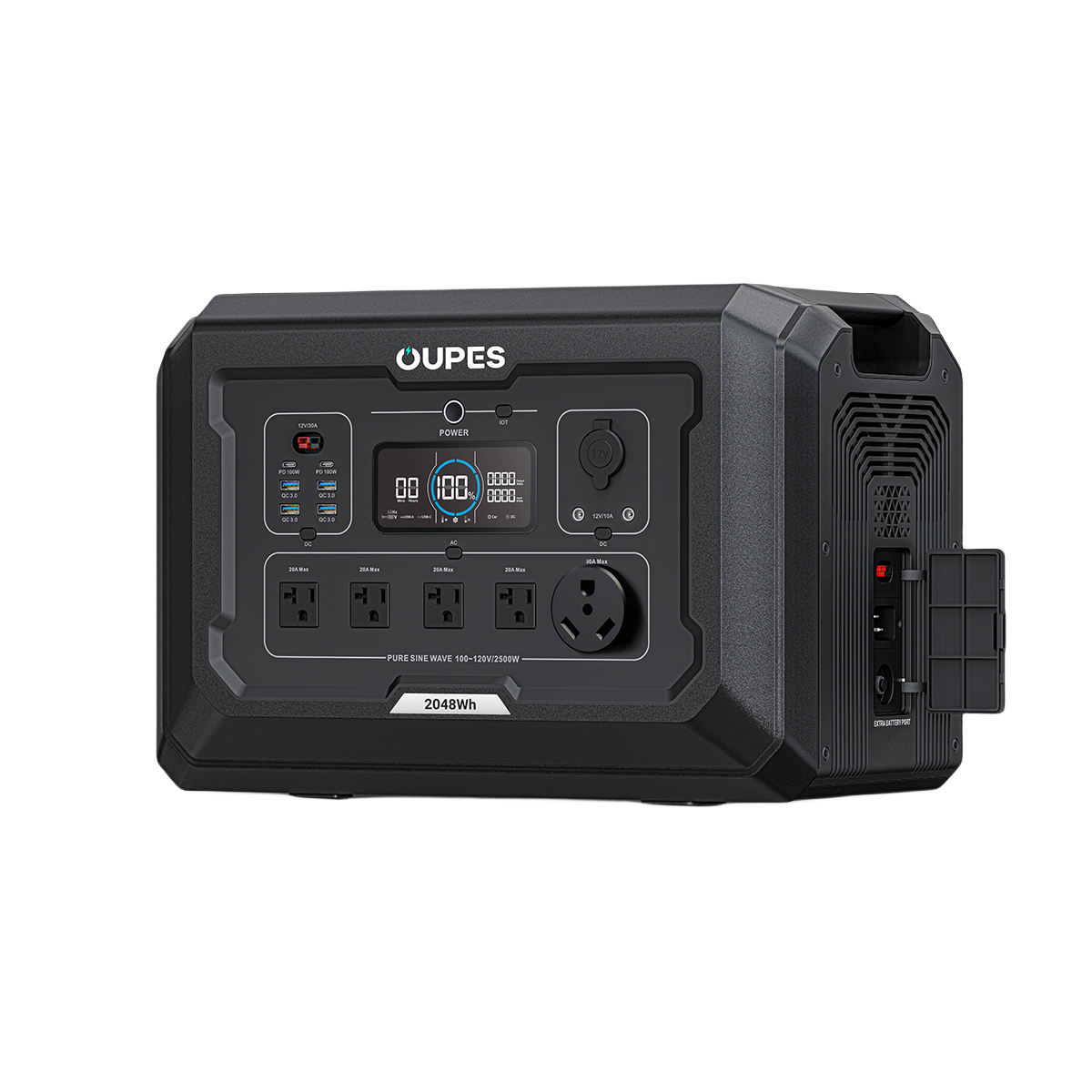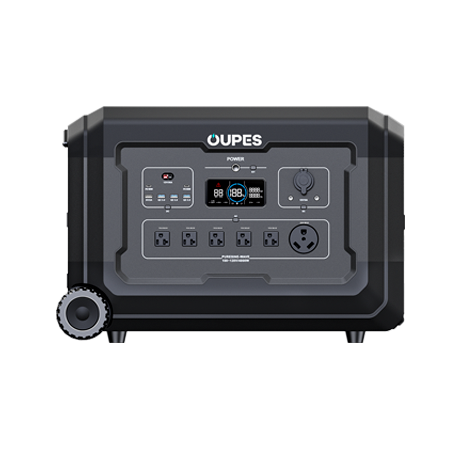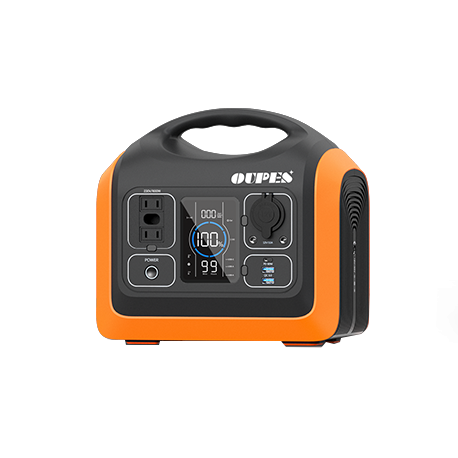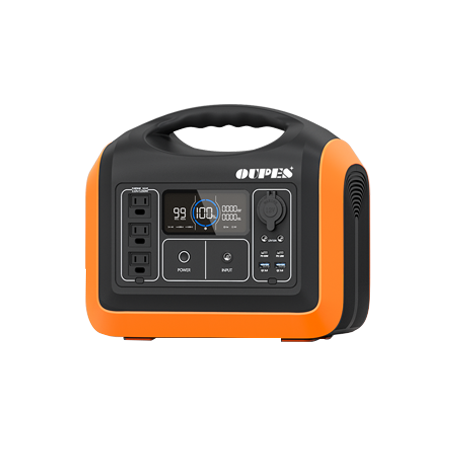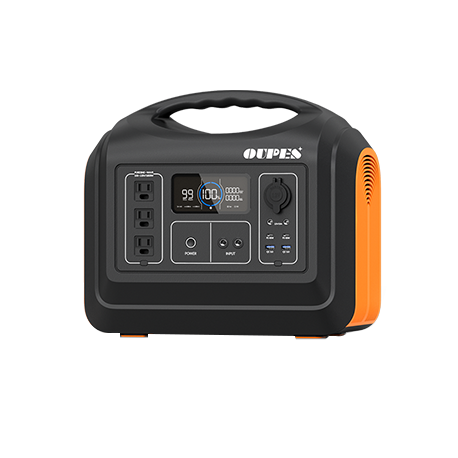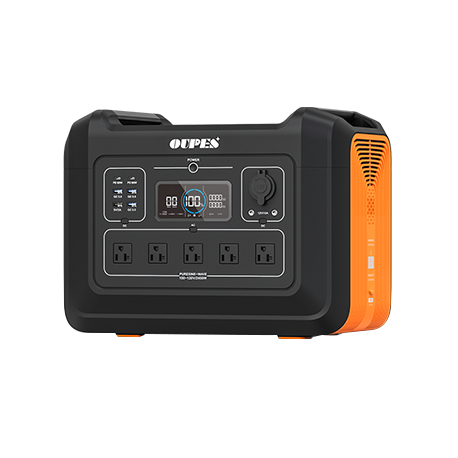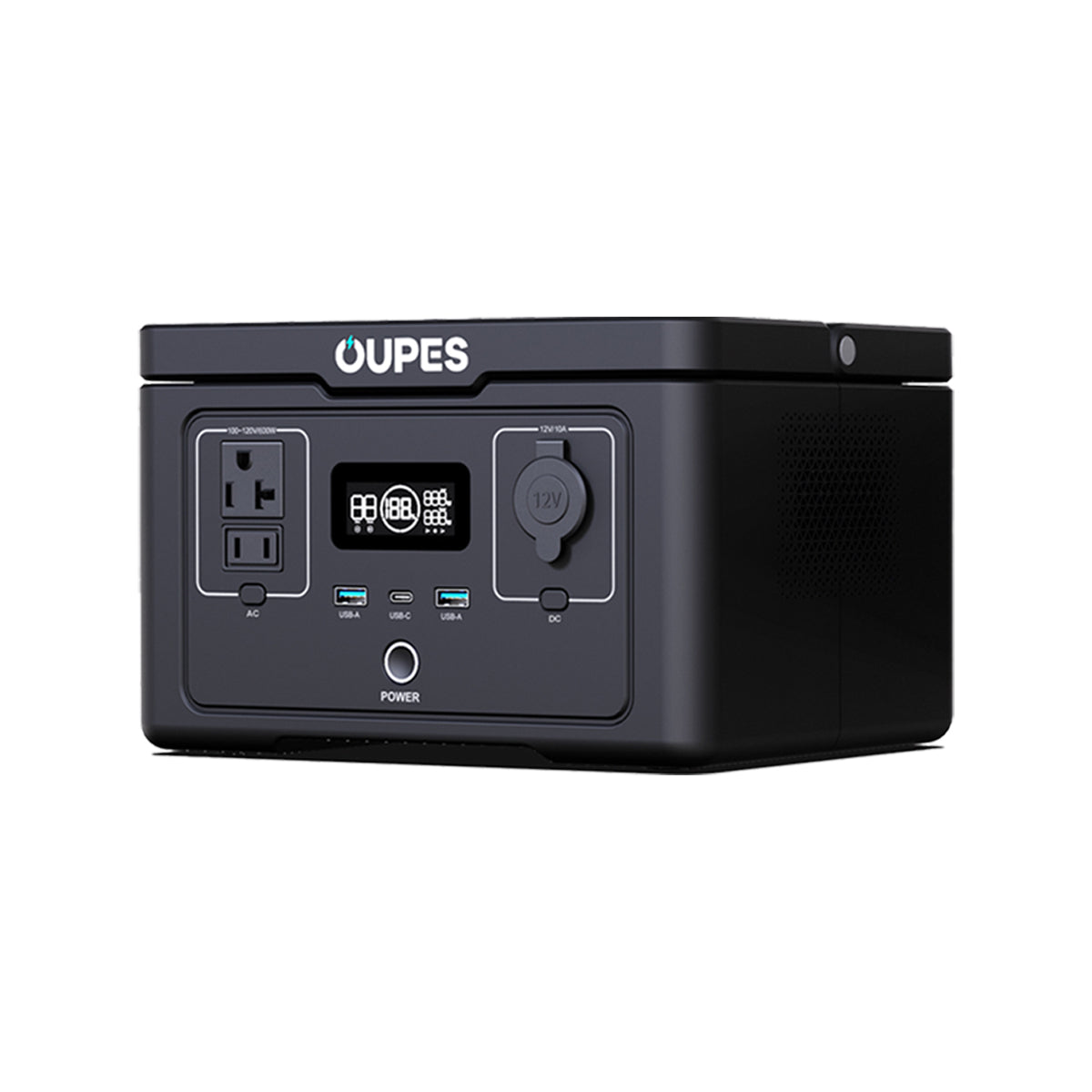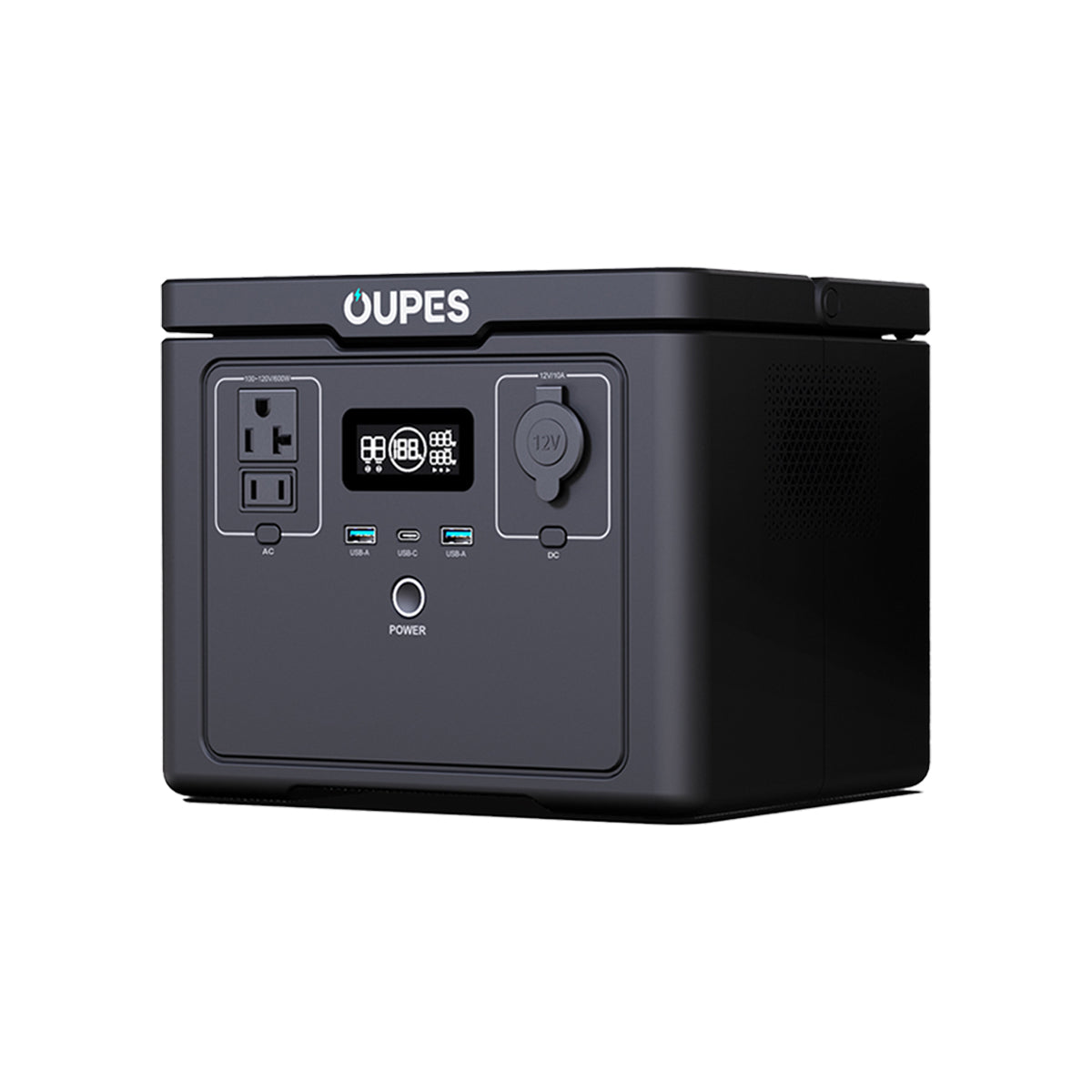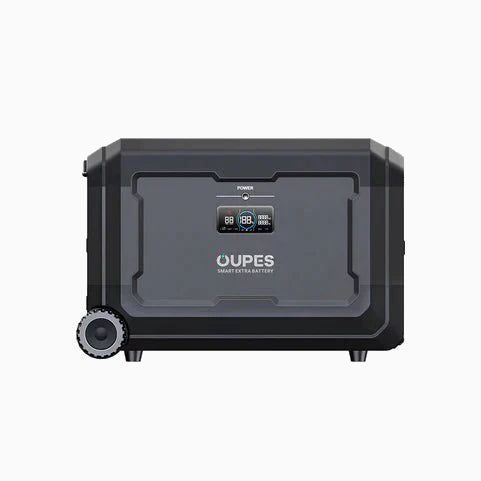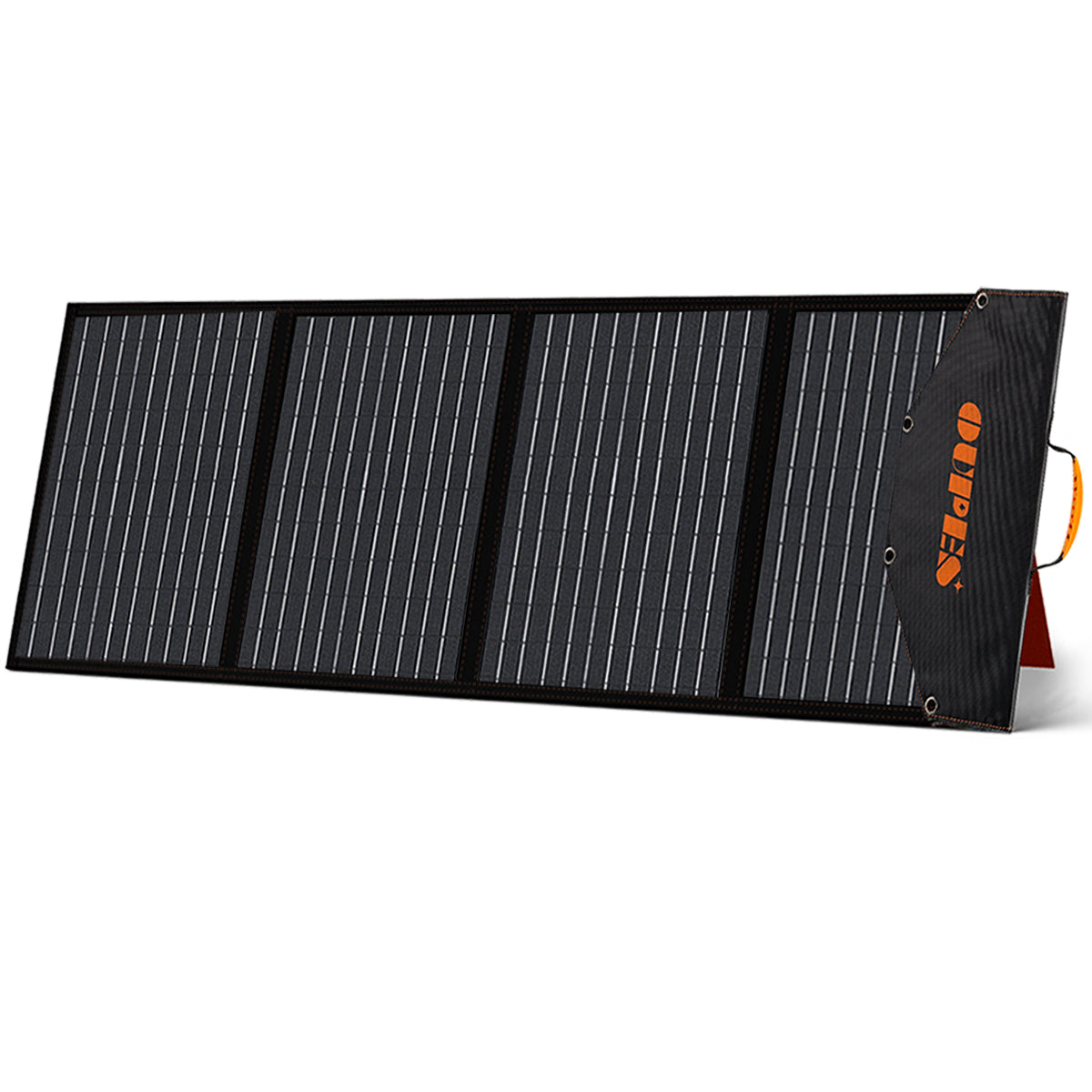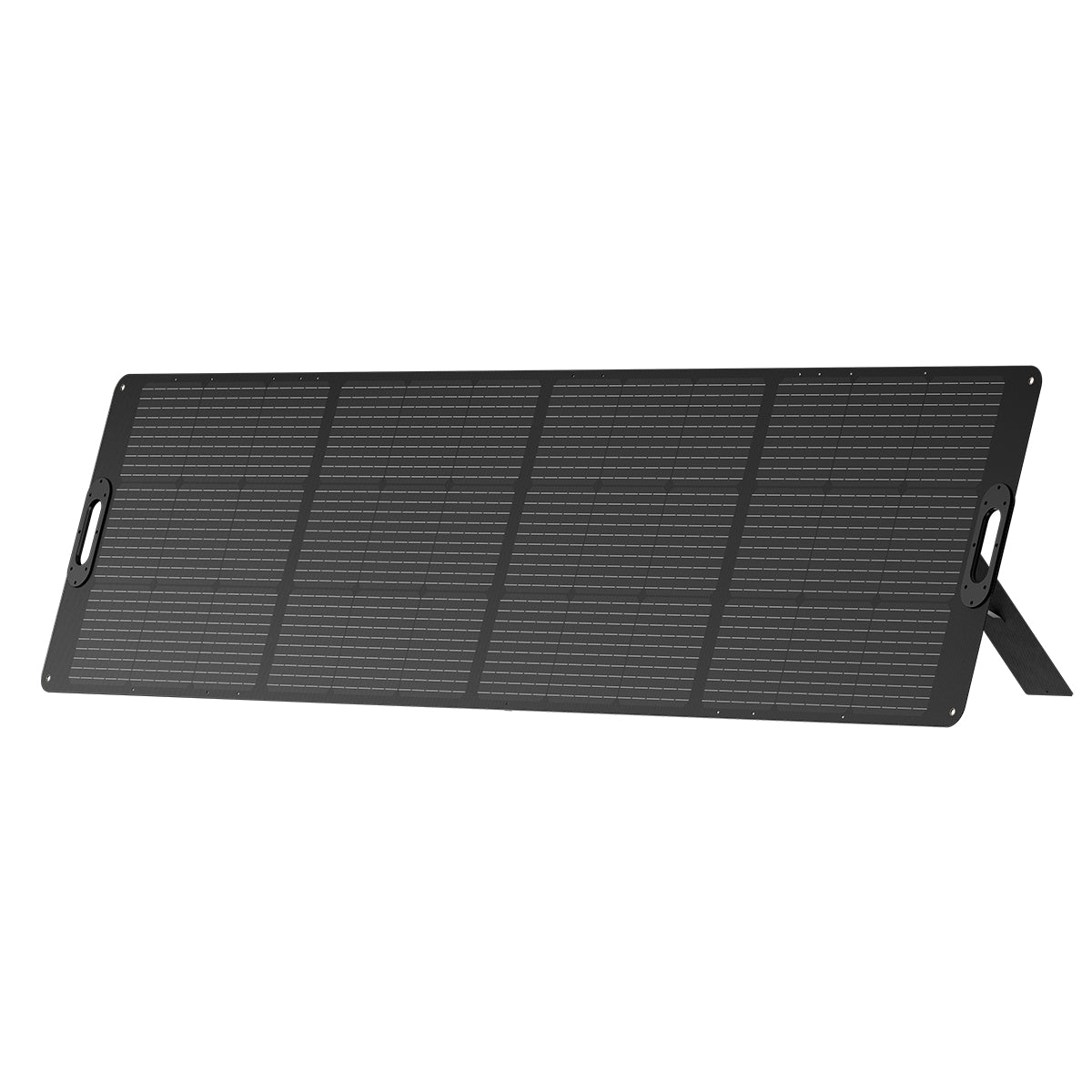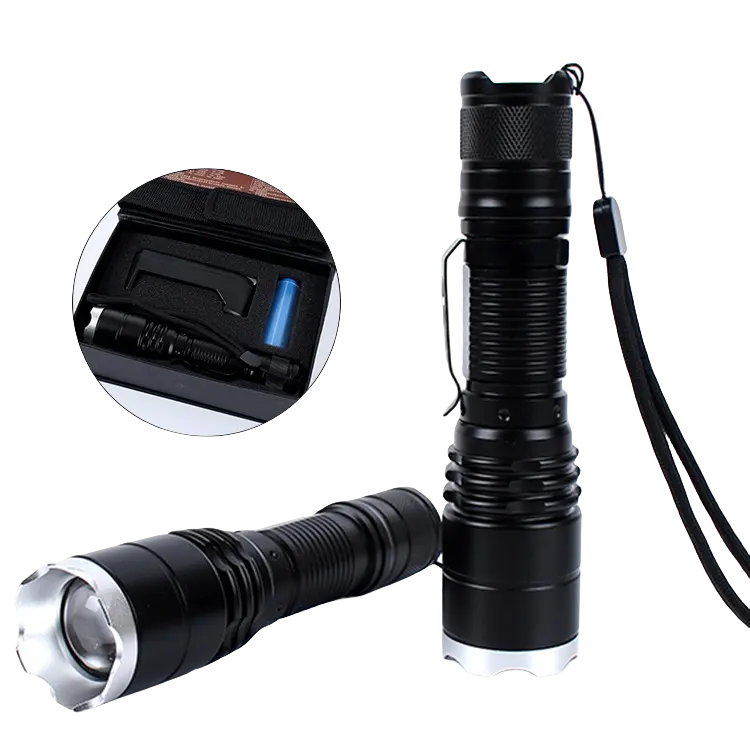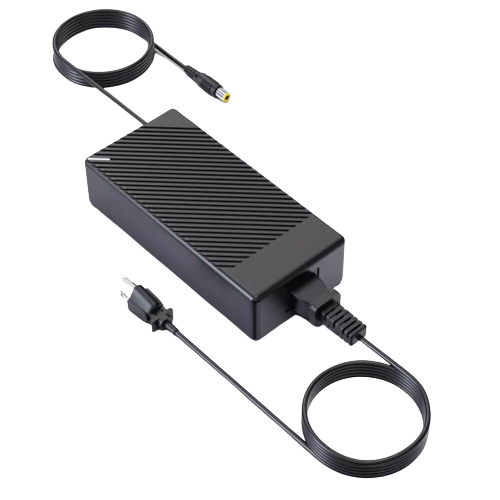Wind Power vs. Solar Energy: Which Renewable Energy Source is More Effective?
As the world continues to shift towards sustainable energy sources, solar energy, and wind power are becoming increasingly popular choices. The demand for renewable energy is growing rapidly, and both solar and wind power have the potential to significantly reduce our dependence on fossil fuels.
In this blog, we will explore the advantages and disadvantages of wind power and solar energy, their costs and efficiencies, and their environmental impacts. Additionally, we will introduce the OUPES solar generator, an innovative solution for harnessing the power of the sun.
Wind Power: Harnessing the Power of the Wind
What is wind power? Wind power is generated by converting the kinetic energy of moving air into electricity. Wind turbines capture this energy through their rotating blades, which are connected to a generator that produces electricity.
This renewable energy source has several advantages:
1) It is an abundant and inexhaustible resource.
2) Wind power is a clean energy source with no direct greenhouse gas emissions during operation.
3) Wind turbines can be installed on land or offshore, offering versatility in location.
However, there are some disadvantages to wind power:
- The wind is an intermittent resource, which means that electricity generation depends on wind conditions.
- Wind turbines can be noisy and aesthetically unappealing for some people.
- The initial cost of installation can be high, but maintenance and operational costs are relatively low.
Solar Energy: Harnessing the Power of the Sun
What is solar energy? Solar energy is generated by converting sunlight into electricity. This can be done through photovoltaic (PV) cells, which directly convert sunlight into electricity, or through concentrated solar power (CSP) systems, which use mirrors or lenses to concentrate sunlight onto a receiver that heats a fluid, which then generates electricity through a turbine.
Solar energy offers several advantages:
1) It is a renewable and inexhaustible resource.
2) Solar panels produce no direct greenhouse gas emissions during operation.
3) Solar energy systems can be installed on a wide variety of scales, from small residential rooftops to large utility-scale installations.
However, solar energy also has some disadvantages:
- Solar energy production is dependent on sunlight, which is also an intermittent resource.
- The initial cost of solar panels and installation can be high, although prices have been steadily decreasing.
- Solar panels require a significant amount of space, especially for large installations.
Which Renewable Energy Source is More Effective?
Both wind power and solar energy offer significant benefits as renewable energy sources. The choice between the two largely depends on the location, available resources, and specific energy needs. While wind power may be more suitable for areas with consistently strong winds, solar energy may be a better option for sunnier regions or for smaller-scale installations, such as residential rooftops.
In any case, it's essential to continue investing in and developing renewable energy technologies, like the OUPES solar generator, to transition towards a more sustainable and greener future. Ultimately, a diversified approach to renewable energy sources will be the most effective strategy for combating climate change and meeting our global energy needs.
The Impact of Solar Energy on the Environment
Solar energy has become an increasingly popular choice for meeting our energy needs, thanks to its numerous advantages, such as being a clean, renewable, and abundant resource. As the adoption of solar energy grows, it is essential to examine its environmental impact.
Positive Impacts of Solar Energy on the Environment
1) Reduction in greenhouse gas emissions: Solar energy systems, such as photovoltaic (PV) panels and concentrated solar power (CSP) systems, produce electricity without emitting greenhouse gases during operation. By replacing fossil fuel-based energy sources, solar energy can significantly reduce the emissions that contribute to climate change.
2) Improved air quality: Solar energy production does not produce air pollutants like nitrogen oxides (NOx), sulfur oxides (SOx), and particulate matter (PM) that are commonly associated with fossil fuel combustion. By decreasing the reliance on fossil fuels, solar energy can help to improve air quality and public health.
3) Decreased dependence on finite resources: Solar energy is a renewable and virtually inexhaustible resource, making it a sustainable option for meeting our long-term energy needs. By harnessing sunlight, we can reduce our reliance on finite resources like coal, oil, and natural gas.
Negative Impacts of Solar Energy on the Environment
- Resource consumption during manufacturing:Solar panels and other components of solar energy systems require the extraction and processing of raw materials, such as silicon, metals, and rare earth elements.
- Land use and wildlife impacts:Large-scale solar installations can require significant amounts of land, which can lead to habitat loss, fragmentation, or displacement of wildlife. Additionally, some solar facilities have been found to cause bird mortality due to collisions or heat exposure.
- End-of-life management:Solar panels have a lifespan of around 25-30 years, after which they must be disposed of or recycled. The disposal of solar panels can contribute to electronic waste, which can be hazardous if not properly managed.
OUPES 1800W Solar Powered Generator: Best Choice for You
The OUPES solar generator is a portable, efficient, and environmentally friendly way to harness solar energy. This innovative system combines high-efficiency solar panels with a powerful and compact generator, making it an ideal solution for off-grid living, emergency power backup, or outdoor recreational activities. With its advanced battery technology and user-friendly design, the OUPES solar generator offers a reliable and sustainable source of electricity.
1) The Industry-Leading BMS: Efficiency and Safety Combined
The OUPES 1800W Solar Generator is equipped with an industry-leading Battery Management System (BMS), ensuring efficient and safe operation during daily use. The BMS monitors and manages the battery's performance, preventing overcharging, over-discharging, and overheating. This advanced system helps maintain the battery's health, ensuring that the OUPES 1800W Solar Generator remains a reliable and sustainable energy solution for years to come.
2) One-Stop Solution for All Your Needs: Power 10 Devices Simultaneously
The OUPES 1800W Solar Powered Generator is designed to be a versatile and convenient solution for a wide range of energy needs. With the ability to power up to 10 devices simultaneously, it eliminates the need for waiting in line to charge your devices. This makes it ideal for off-grid living, camping trips, outdoor events, or emergency situations where multiple devices need power.
3) Experience Effortless Charging with the OUPES 1800W Solar Generator
Charging the OUPES 1800W Solar Generator is a breeze, thanks to its user-friendly design and compatibility with various charging sources. The generator can be charged through solar panels, a wall outlet, or a car charger, offering flexibility and convenience for any situation.
Conclusion: The OUPES 1800W Solar Powered Generator is the Best Choice for You
With its advanced LiFePO4 battery, industry-leading BMS, and the ability to power multiple devices simultaneously, the OUPES 1800W Solar Powered Generator is an exceptional choice for anyone looking for a reliable, efficient, and environmentally friendly energy solution. Whether you're living off-grid, preparing for emergencies, or enjoying outdoor adventures, the OUPES 1800W Solar Generator offers the power and versatility you need to stay connected and charged.

